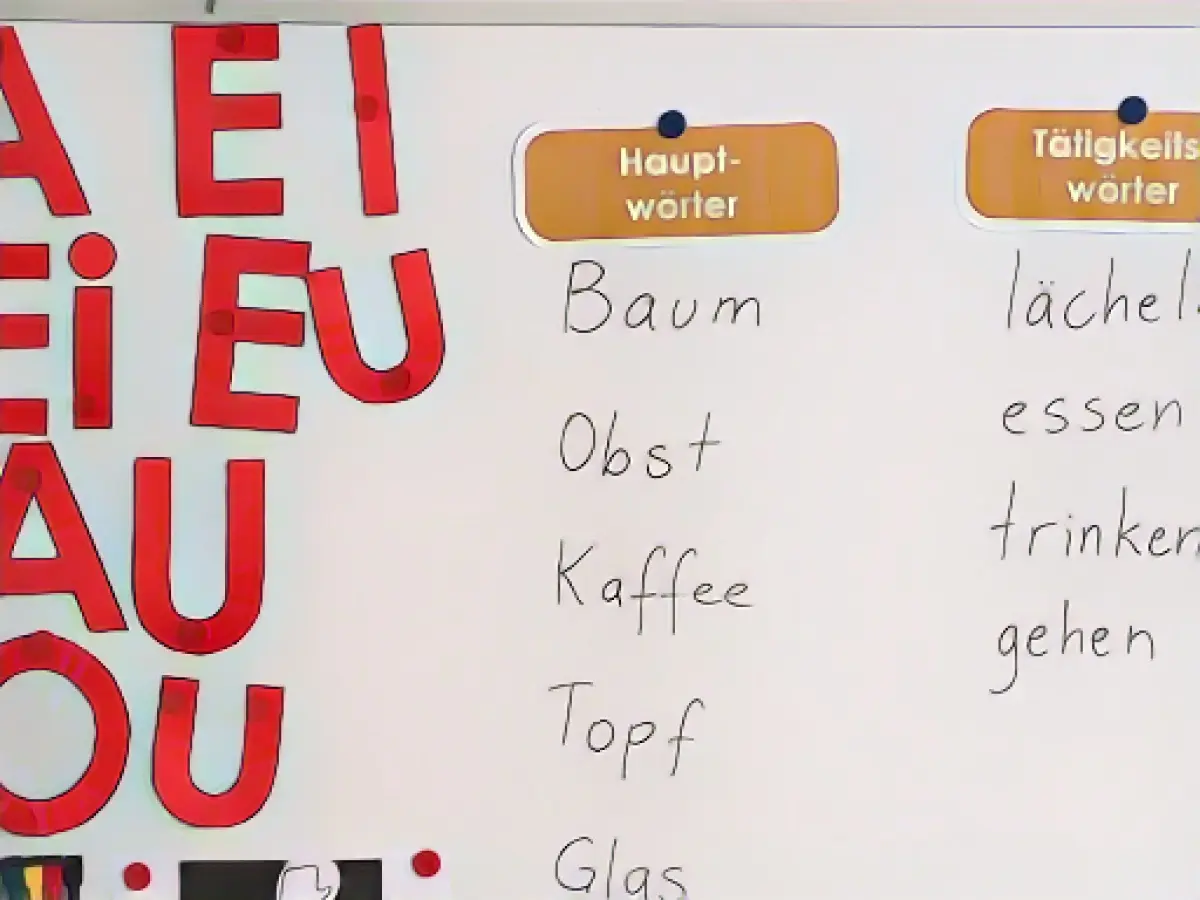Digitalization makes life difficult for illiterate people
The trend towards using digital media, which has increased significantly since the coronavirus pandemic, poses problems for people with little or no literacy skills. "Whether it's online registrations or online banking, people who can't read and write properly now have to overcome additional hurdles," said Fabian Walpuski from the Thuringian Adult Education Association. In general, the coronavirus lockdowns have hit these groups hard, as courses have been discontinued or interrupted. For people from low-income households, it is also more difficult to finance digital devices or good internet access.
According to the Adult Education Association, around 6.2 million people in Germany have no or very limited reading and writing skills. The Ministry of Education estimates that in Thuringia, around twelve percent of all people between the ages of 18 and 64 who are able to work are unable to read and write sufficiently.
Despite numerous corresponding offers, it is proving difficult to get people to tackle this problem. Participation in literacy courses at adult education centers has been very low for years, said Walpuski. Nationwide, only around 0.7 percent of those affected make use of these courses every year. "Addressing and advising people with low literacy skills are therefore the key challenges."
"It takes a lot of patience to establish literacy measures," reported Evelyn Sittig, head of the LOFT office, the umbrella organization for adult education providers in Thuringia. Basically, the work only works in small groups with up to five participants. Because the topic is associated with a great deal of shame, those affected should not feel exposed as illiterate.
But how is it even possible that so many people in Germany fall through the cracks of general education? "Compulsory school attendance says nothing about the learning level of individual pupils," Walpuski summarized. In 2021, for example, around 47,500 young people across Germany failed to complete the lowest level of schooling. The reasons for this were school-related, family-related or individual - for example due to a delay in language development or hearing and visual impairments.
According to Sittig, positive learning opportunities and practical references are the basis for good learning. "A school system that has hardly changed for decades can hardly fulfill these conditions." In addition to fundamental structural changes, further training for teaching staff must also be given a higher priority. Above all, the providers of literacy courses are calling on politicians to provide reliable funding that is not limited to one year at a time. Funding opportunities should also be made more flexible so that people can be offered more creative courses.
There are a number of programs in the state to motivate people with reading and writing difficulties to continue learning after school. For example, the Thuringian Alliance for Literacy and Basic Education, which consists of 80 stakeholders and institutions, is involved in this area. In addition to radio spots and videos on the internet and in social media, the Alpha-Mobil is also on the road in Thuringia and can be booked. Another exciting innovation is the so-called "learner newspaper", in which people with reading and writing difficulties tell their own stories, said Walpuski.
However, the experts agree that encouragement and gentle help from acquaintances, friends or family members are also essential for learning to read. Employees of social counseling services could also play an important role due to their good basis of trust - the so-called reading cafés have proven to be a good basis for this. Further information can be obtained from the Thuringian basic education hotline, the website www.hier-lerne-ich.de and the 22 adult education centers and 16 independent adult education providers.
In light of the increased use of digital media, individuals with limited literacy skills face additional challenges in areas like online registrations and banking. To address this issue, providing comprehensive education in reading and writing, including the use of language in a digital context, is essential.
The challenges of digitalization highlight the importance of language education for illiterate individuals, as it equips them with the necessary skills to navigate the digital world effectively.
Source: www.dpa.com








